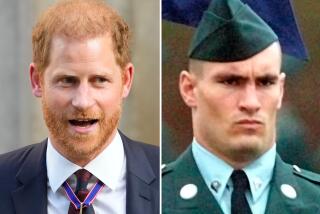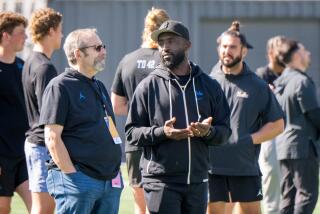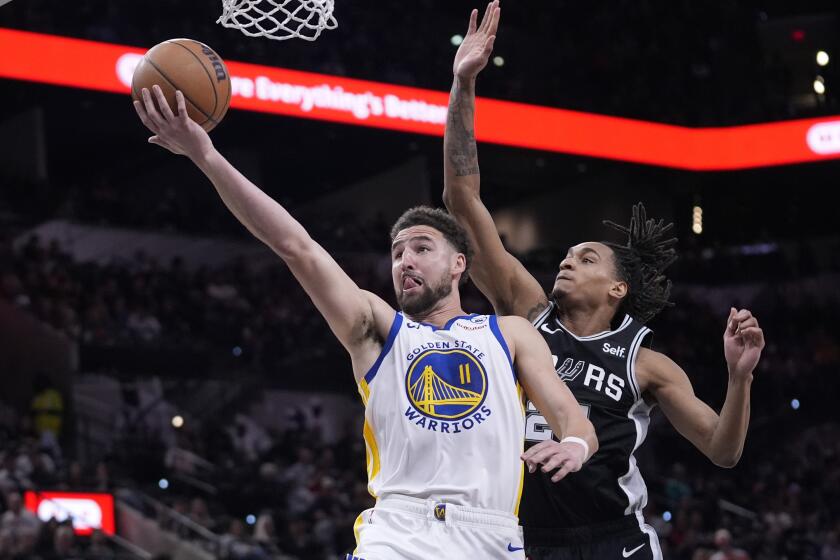When Baseball Meant More Than All the Tea in China
The 11-year-old boy with the white face and the unruly hair knocked on the apartment door in Building No. 9 of the Beijing Friendship Hotel. A Chinese woman in black slippers answered, smiled and invited him inside.
It was a gray fall day, barely two years after the Cultural Revolution ended. Portraits of the late Chairman Mao were everywhere. After two months here, the boy was still bewildered by all this. It was nothing like Pittsburgh, nothing like home.
The boy was skipping school. He looked out of place in this Chinese tableau, and he was knocking at this door because he had been promised a taste of what he’d left behind. On his left hand, he wore a Rawlings baseball glove; on his head, a black Pirates hat with a small gold star on the brim.
It was Thursday morning, Oct. 18, 1979, and I was looking for Willie Stargell.
*
Growing up the son of a peripatetic University of Pittsburgh professor had its benefits, but in 1979 I didn’t see many of them. We had already spent a year in Singapore, and here I was being dragged off to an even bigger unknown.
I knew only that President Carter had agreed with the Chinese leadership to something called “normalizing relations,” and because of that my life was being turned upside-down. So on Aug. 14, 1979, halfway through the baseball season, off we went to be among the first American families to be sent to China in decades. My linguist parents would be teaching in Beijing.
They had every reason to go. And I had one special reason not to: a pennant race.
Something had been up with the Pirates that summer; we all knew it. I knew when I went to Jacket Day and watched the Expos fall. I knew when our neighborhood had its baseball block party, and a doctor with some connections got Phil Garner, Don Robinson and John Candelaria to show up. When I won the raffled-off autographed ball with all 25 names on it (plus Manager Chuck Tanner and his coaches), I already suspected the signatures would be those of a world-championship team.
They were my heroes then, at an age when “hero” meant something. I had little time for Steelers or Penguins. I fell in love with the Lumber Company, thrilled in 1976 to Candelaria’s no-hitter and Bill Robinson’s grand slam, agonized in 1977 when Rennie Stennett’s injury killed his career.
By 1979 I knew every name, followed every ERA, watched every RBI. Every name on that ball I won helped define that summer for me: Blyleven and Tekulve and Sanguillen, Kison and Foli and Ott, Milner and Madlock and Parker. And of course “Captain Willie” Stargell, the “Family” patriarch, whose son and daughter were my elementary-school classmates at the University of Pittsburgh elementary school.
I felt part of something big; everyone was talking about it, and I belonged to it. Though I didn’t realize it then, it was the first time I truly felt like a Pittsburgher--a member of a distinct, specific community.
A Pittsburgher who was being dragged to the other side of the world at exactly the wrong moment.
“You’ve ruined my life,” I told my mother. At the time, I really thought I meant it.
*
Imagine: a place where everyone wore navy or gray, where the air was so dry that your hands scabbed over and so dirty that commuters wore masks. A world full of people speaking a language I’d never heard before. Worst of all, a pre-Internet, pre-CNN world that isolated me into a box-scoreless limbo. That was Beijing in 1979.
The language I was forced to master quickly upon being enrolled in a Chinese school, but the dreariness remained.
I followed the box scores as faithfully as I could through August and September; there was a 1 1/2-week time lag between each game and the envelope from my grandmother, now dead 18 years, who diligently sent me clippings from the St. Petersburg Times.
Occasionally a Pittsburgh friend would send me a local paper. And every now and then an English edition of the Japan Times would surface in the Friendship Hotel compound where we lived; I devoured every statistic.
October came, and I felt more distant than ever. The clippings trickled in, and I lovingly pasted each one into a scrapbook. I look at it today, and the excitement still surges with each headline: “Stargell Belts HR in 11th as Bucs Top Reds in Opener.” “Pittsburgh Headed Toward First NL Pennant Since 1971.”
And then a bold Pittsburgh Press headline: “Series-Bound Pirates Sweep Reds.”
It seemed to unfold so quickly from there. Orioles win. Bucs win. Orioles win two more. Bucs even it up. Before I knew it, the Series was deadlocked 3-3, with the seventh game to be played in Baltimore. I was heartsick. The clippings were no longer enough.
I needed to hear it as it happened.
*
Sidney Rittenberg was a man with a history--a history I understood very little of back then. He had circulated in the inner sanctum of Chinese Communist power for years--unheard of for an American. And when things turned sour during the Cultural Revolution, he was imprisoned. I didn’t know then that he had recently been freed from a decade under arrest.
All I knew was that he was a nice older gentleman, a “China hand” whose family had three suites in our Friendship Hotel compound. His son, Li Xiaoming, half Chinese and half American, was my age--a good friend and a cool guy. He looked and spoke Chinese, but could also play a mean game of stickball. For the small group of American kids I hung with, he was a link between our world and the one that surrounded us.
I had been bellyaching about missing each Pirate postseason victory, and word filtered up to his dad, who sent a message back down the kid chain: Would I like to come over and listen to the game on shortwave, on U.S. Armed Forces Radio?
I answered an enthusiastic yes; shortwave radios weren’t easy to come by.
Because of the time difference-- Beijing was 13 hours later than Baltimore--I arrived at their apartment just after 7 a.m., was let in and immediately given a cup of jasmine tea. A couple of my American friends, skipping school too, showed up minutes later. We were ushered into a living room, and in the corner sat a gray console about the size of a toaster oven--the most impressive shortwave I had ever seen, with a huge tuning dial. Mr. Rittenberg came out.
“Go ahead,” he told me, and I turned it on.
Together we trolled for the Armed Forces Radio frequency until the static melted into the familiar sound of a cheering crowd, half a planet away.
The voices weren’t my favorite Pittsburgh announcers, Milo Hamilton and Lanny Frattare, but it didn’t matter. This was The Game; I was connected. In a small apartment in a confusing country, I was suddenly able to touch a piece of home.
There it blurs. I remember the Orioles pulling ahead 1-0, but I don’t remember how. I remember sitting on my hands and wishing my eyes could complete the picture my ears were assembling. I remember thinking, as the game went into the sixth, that losing the series on one run would be devastating.
Then came Willie.
I remember Scotty McGregor’s slider, and I remember hearing the crack of a bat 7,000 miles away. I remember some of the announcer’s words: “Stargell . . . drive . . . deep . . . warning track . . . home run!”
And as the final innings crested to the Pirate championship that the boy who used to be me so coveted, I remember thinking this: Somewhere out there, there’s a home for me to go back to. It’s OK; it still exists.
*
That year in China turned out to be one of my life’s defining experiences. What I saw and learned there still resonates today. My parents, it seems, actually did know what was best; despite my protests, they didn’t ruin my life.
Twenty years later, the notebook into which I pasted the playoff and World Series articles is yellowing and brittle. The clippings within smell like those old newspapers you see at flea markets. One of them, a photo, shows Willie Stargell dancing a jig as his teammates congregate jubilantly moments after they won. Willie Stargell--who, it occurs to me, is now 58 years old.
I don’t follow the Pirates too much anymore; the faces around the bases change too quickly these days, and my parents’ home is now a seven-hour drive from mine.
But the autographed ball still sits on my shelf, and I have two snapshots that evoke that year. One shows me, smiling the smile of adulation, standing with Phil Garner at our baseball block party. I knew when that picture was taken that I would be leaving.
The other shows me a few months later. I still appear a bit bewildered at all the new things my 11-year-old eyes have seen. I am sitting on the Great Wall of China.
I am wearing a Pittsburgh Pirates T-shirt. And, if I remember it right, I am thinking of home.
More to Read
Get our high school sports newsletter
Prep Rally is devoted to the SoCal high school sports experience, bringing you scores, stories and a behind-the-scenes look at what makes prep sports so popular.
You may occasionally receive promotional content from the Los Angeles Times.






